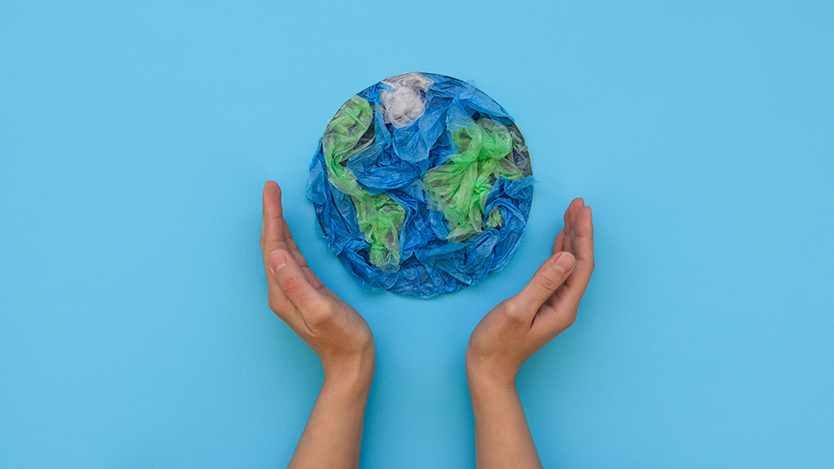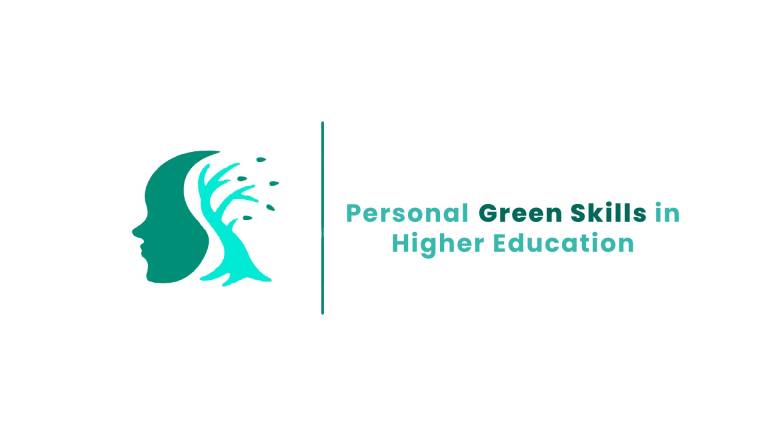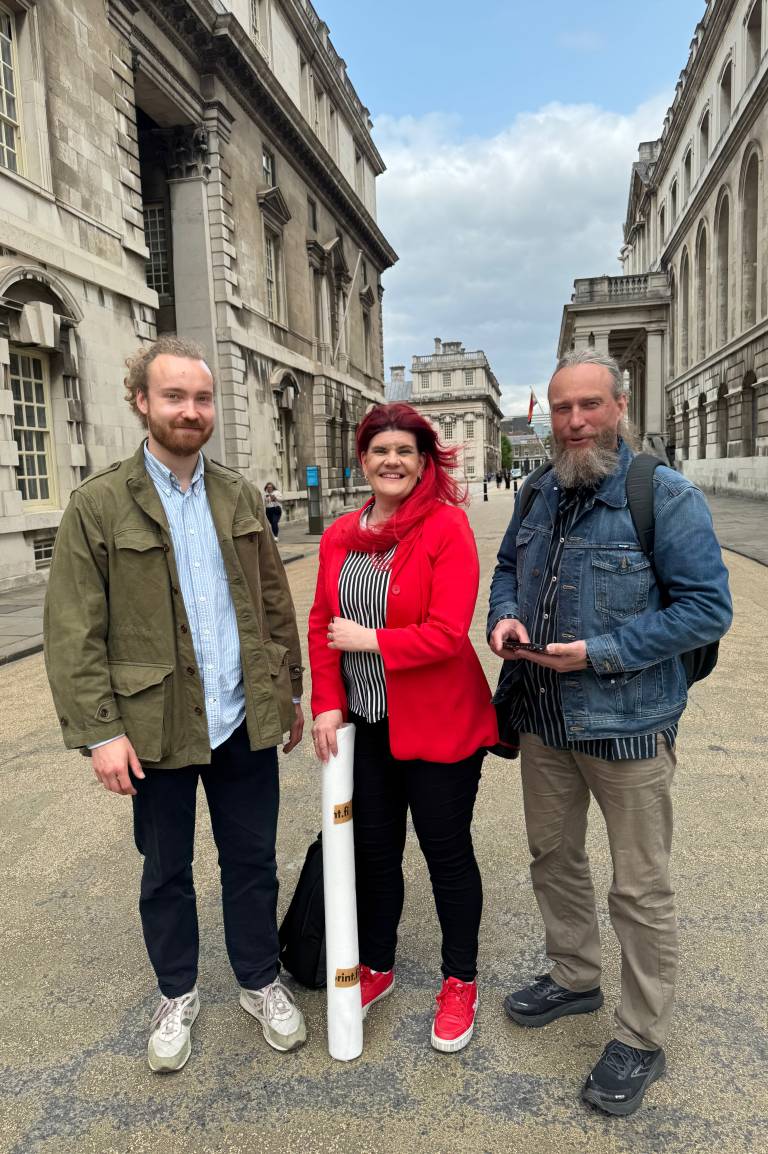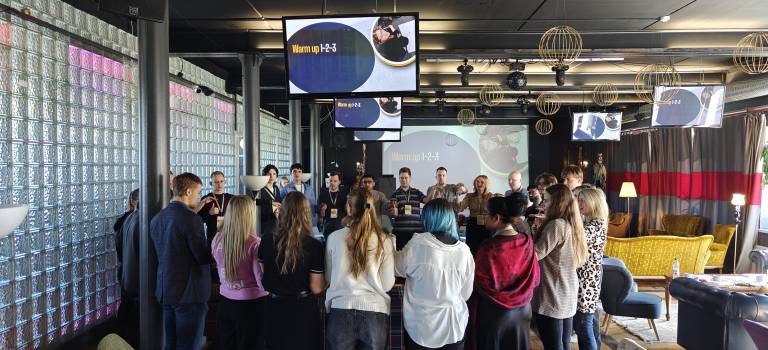In the PackAlliance project, we conducted a survey in spring 2020 for companies in the plastic packaging industry in Finland, Spain, Italy and Poland to identify the skills needs of the circular economy. A key competence challenge was identified; various actors and operators tend to work in silos, and therefore the interaction is inadequate to manage the big picture.
Main focus on life cycle understanding and collaboration
In our survey, the review of competence in plastic packaging was divided into four areas: development of new materials, ecological planning and manufacturing, consumer and civic activities, and packaging waste management and recycling.
Traditionally, substance competence has been emphasized in the plastics industry. According to the respondents this is no longer sufficient in circular economy competence, but professionals should understand the entire life cycle of plastic products and the involvement of other operators in it.
According to the companies, cooperation in different regions is not adequate at the moment. An example of this is the mismatch of new materials development and recycling technologies when trash bags made of biodegradable plastic stick to rippers in waste treatment. New materials can then be condemned as unworkable, although from a circular economy perspective the solution could be the development of recycling technology.
Environmental impact comparability of products should be developed
Measuring the life cycle of plastic packaging, or LCA analysis, was highlighted in all countries as a key area of expertise. At present, the problem is that the measurements do not take into account the entirety, for example, the impact of microplastics and litter on the life cycle of the product.
LCA analysis, on the other hand, can also bring results where “old means”, in some cases, are more durable than the new ones. LCA measurement should therefore be developed to provide better comparability to the environmental impact of products. Additionally, it should be free from commercial and political interests. For future LCA talents, this means seeing outside one’s own business and having critical and objective thinking.
We can afford to improve consumer communication and fact-sharing
Consumers and citizens were recognised as key influencers, with whom actors of plastic industry cannot build a connection, however. Plastic packaging recycling labelling was found to be too complex a system that does not unequivocally open even to professionals in the industry, let alone the consumers.
The substance-focused industry should learn to communicate clearly to consumers about recycling, for example. This also includes fact-based sharing of information about the environmental impact of plastic packaging.
The report, coordinated by Tampere University of Applied Sciences, provides background information for the planning of circular economic training in the plastic packaging sector with project partners in Spain, Italy and Poland. Although development and innovation are needed in all aspects, the competence of communication and interaction between different parties must be identified as one of the top know-how excellencies to boost the circular economy also in the plastics industry.
More information:
ErasmusPackAlliance project (2020-2022) https://www.packall.eu/.
Circular Economy Skills Needed in the Plastics Packaging Industry report
Text: Marita Hiipakka, Leena Mäkelä and Hanna-Greta Puurtinen
Photo: Shutterstock





